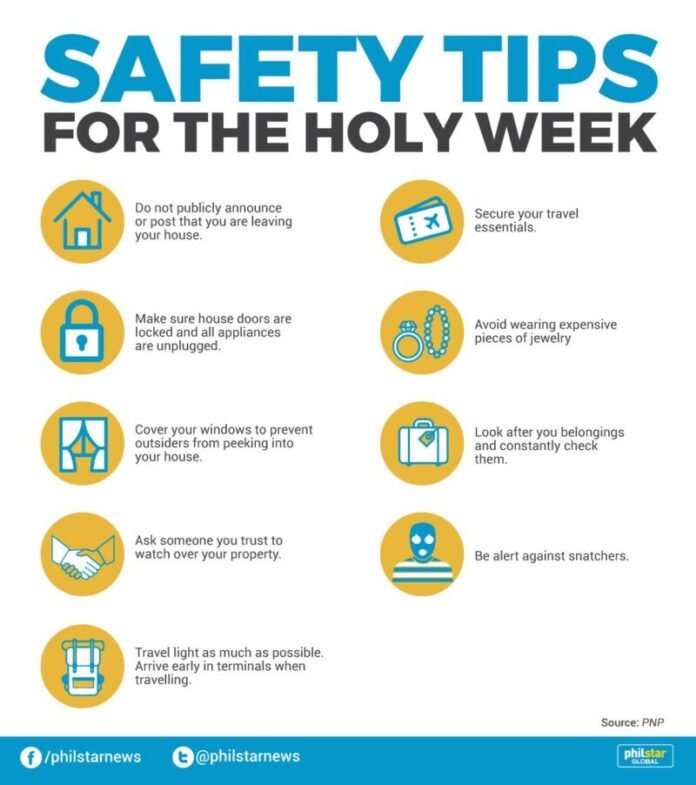Domestic flights are getting fully filled as people swarm to the provincial bus depots and inter-island ferry terminals. People are once again able to travel for the Holy Week vacation for the first time since the outbreak.
The journeys must be as secure as possible, not just from COVID infection but also from all the other issues that have dogged the transportation industry, particularly by land and sea, for a very long time prior to the pandemic.
The nation has had numerous marine catastrophes that resulted in thousands of fatalities. The cause has been attributed to overcrowding, insufficient passenger manifests, poorly trained or even inebriated personnel, carelessness in the storage of cargo, mechanical issues, and adverse weather.
The nation is infamous for fatal traffic accidents, particularly those involving buses traveling long distances or navigating hilly roads. Failure of the brakes is the accident’s primary cited cause. Any vehicle registered for use in public transportation must be properly maintained, according to transportation operators. Shabu has also reportedly been used by bus and cargo truck drivers to keep awake on long journeys. Transport companies are responsible for ensuring the physical and mental well-being of their drivers and conductors.
As people assemble for religious services this Holy Week or want to enjoy a holiday with their families and friends, the ongoing threat of COVID infection cannot be disregarded. Health professionals have emphasized that while new coronavirus variations threaten to produce a further COVID spike, masks, hand cleanliness, and physical separation must be maintained. As initial vaccine efficacy declines, individuals are urged to receive booster shots.
It is important to take every precaution to enjoy the vacation and engage in spiritual reflection safely. The COVID era is still in Holy Week, therefore the pandemic hasn’t ended yet.



























